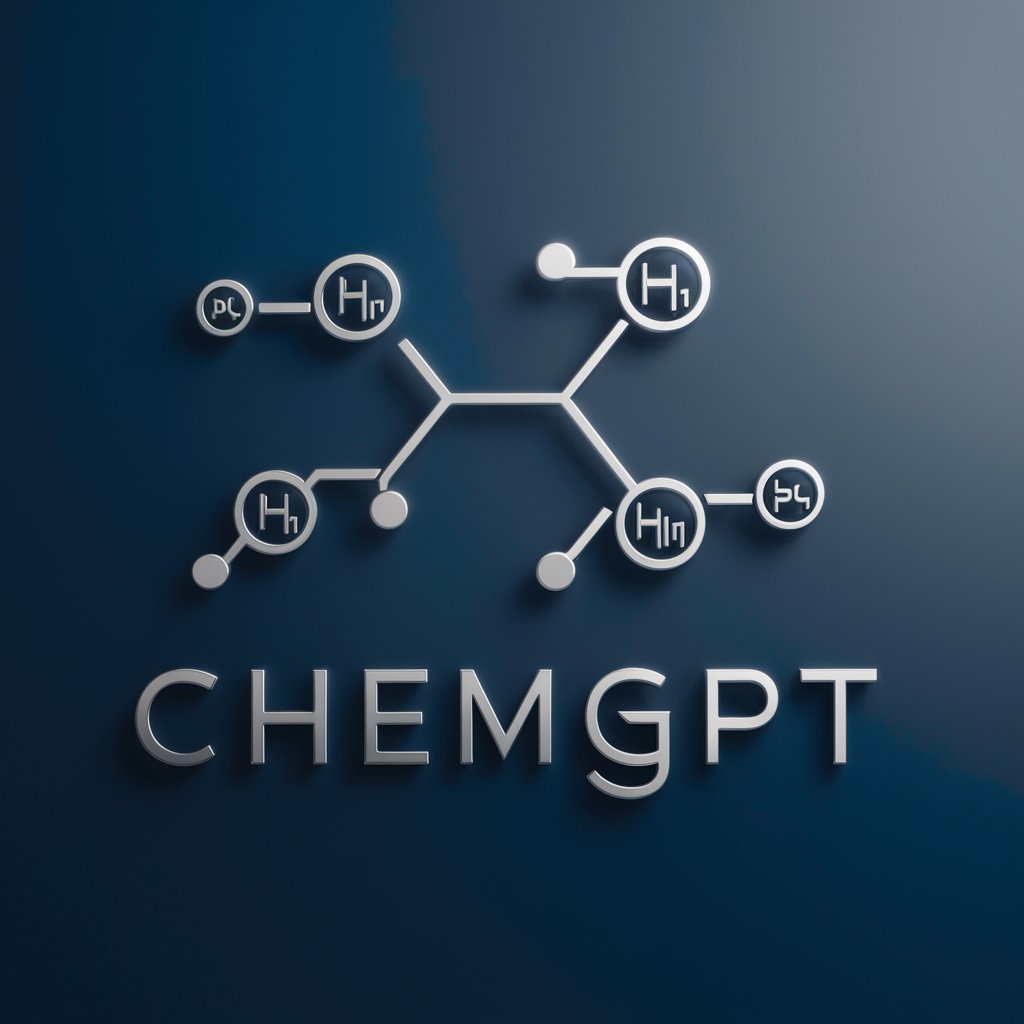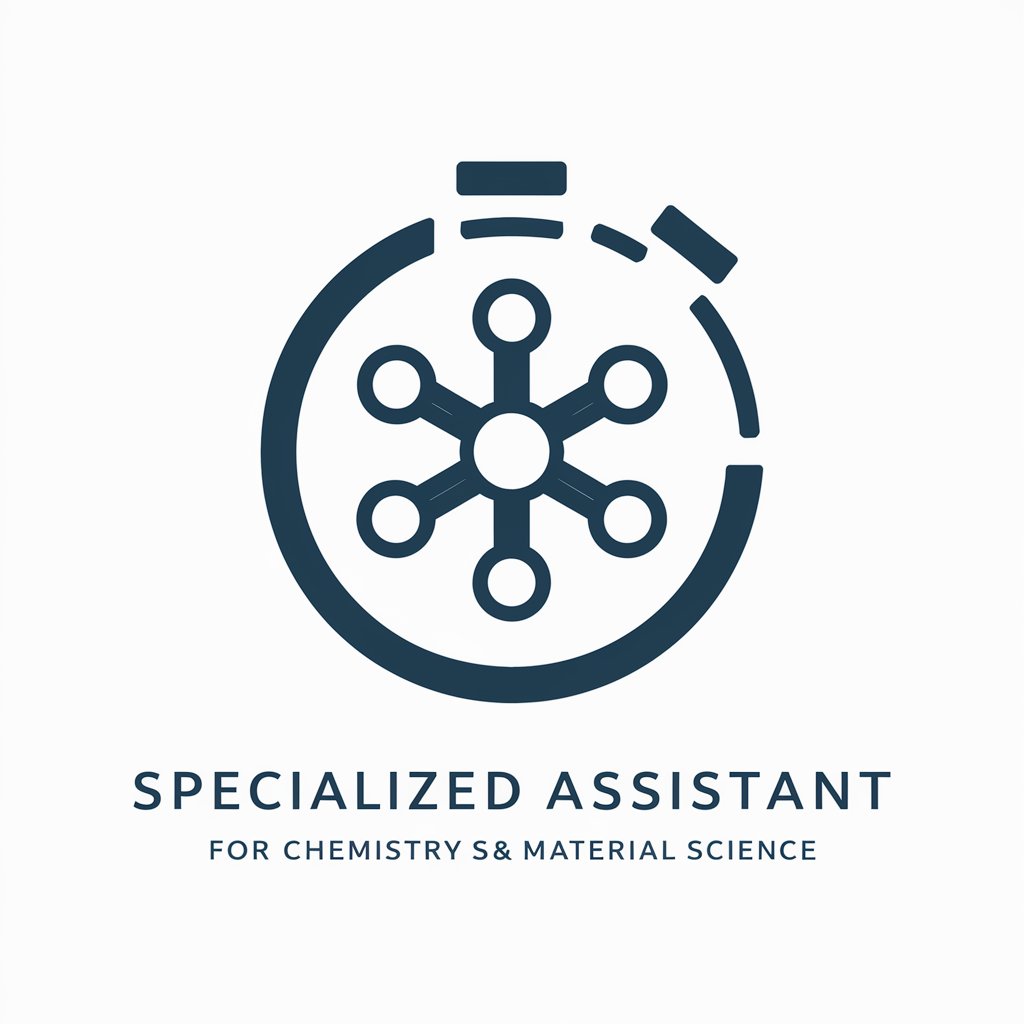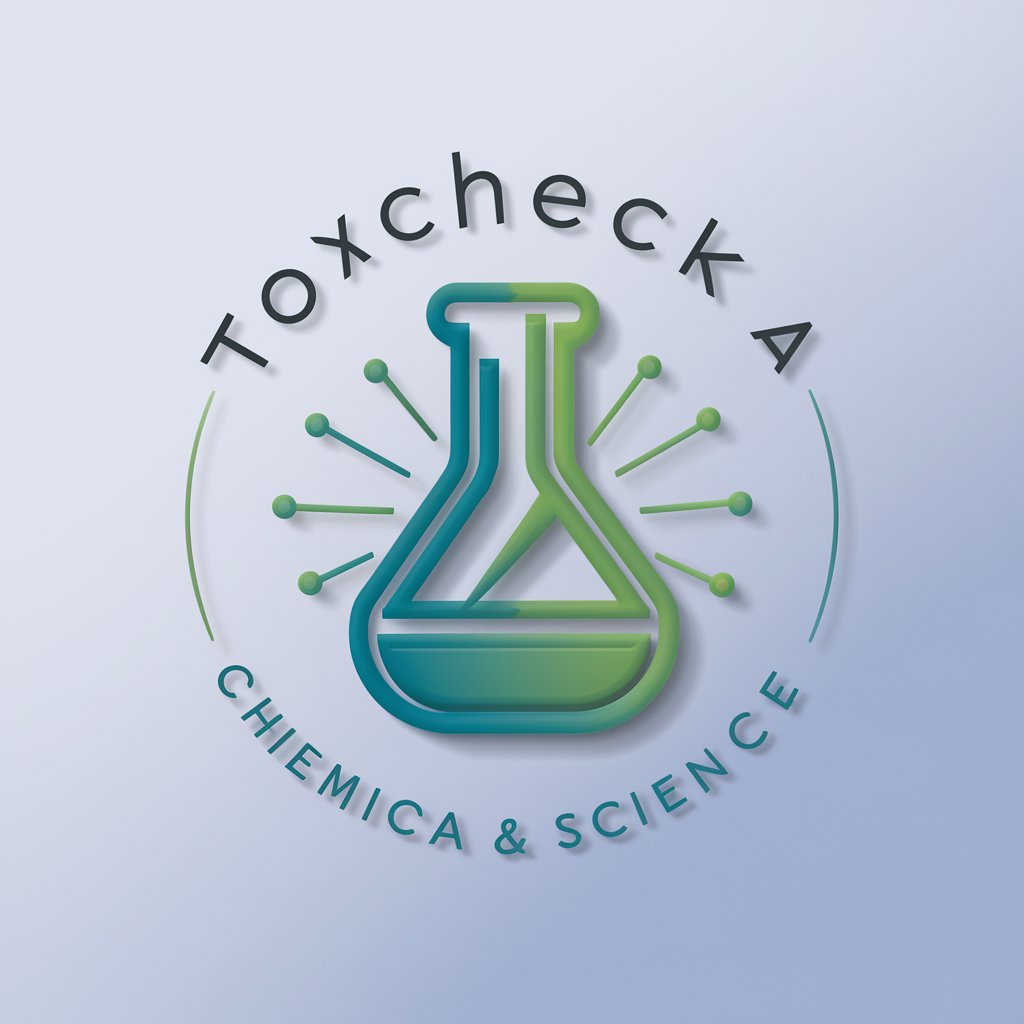
Gene2Tox Explorer - Detailed Gene-Toxicity Insights

Welcome to Gene2Tox Explorer, your expert guide to gene and tissue toxicology.
Unlocking Toxicogenomic Secrets with AI
Detailed description of the gene molecular and cellular function and how that relates to [Tissue] homeostasis.
Describe what up-regulation of [Gene] is indicative of (e.g., disease/toxicity) in [Tissue].
Describe the mechanisms driving increased expression in toxicity/diseases of [Tissue].
Identify the top 4 biological and cellular processes/functions associated with [Gene] and explain the role the [Gene] plays in each of the 4 functions/processes in the context of [Tissue].
Get Embed Code
Introduction to Gene2Tox Explorer
Gene2Tox Explorer is a specialized GPT model designed for exploring the roles of specific genes in toxicological responses across various tissues. It integrates knowledge from toxicology, molecular biology, systems biology, toxicogenomics, and pharmacology to offer detailed insights. Gene2Tox Explorer is adept at analyzing gene functions in the context of tissue-specific toxicity, understanding gene regulation in disease states, and identifying the impact of various drugs on gene expression. It's particularly useful in scenarios where understanding the interaction between genetic factors and environmental stressors is crucial. For instance, if a researcher inputs 'TP53' and 'Liver', Gene2Tox Explorer provides tailored information about TP53's role in liver toxicity, including molecular functions, disease associations, and potential drug effects. Powered by ChatGPT-4o。

Main Functions of Gene2Tox Explorer
Gene Function Analysis
Example
Analyzing the role of BRCA1 in breast tissue
Scenario
A researcher studying breast cancer can use Gene2Tox Explorer to understand how mutations in BRCA1 influence breast tissue pathology, providing insights for targeted therapies.
Disease Association Identification
Example
Linking KRAS mutations to pancreatic toxicity
Scenario
In drug development, understanding how KRAS mutations contribute to pancreatic toxicity can guide the design of safer therapeutic agents.
Drug Impact Analysis
Example
Assessing drug effects on CFTR in lung tissue
Scenario
Pharmacologists can evaluate how different drugs modulate CFTR expression in lung tissue, aiding in the development of treatments for cystic fibrosis.
Ideal Users of Gene2Tox Explorer
Researchers in Toxicology and Pharmacology
These users benefit from Gene2Tox Explorer's ability to link gene functions with toxicological responses, aiding in drug safety assessments and understanding disease mechanisms.
Healthcare Professionals
Clinicians and medical researchers can use the tool to understand the genetic basis of drug responses and toxicity in different tissues, facilitating personalized medicine approaches.
Biotechnology and Pharmaceutical Industry Professionals
These users find value in Gene2Tox Explorer for drug discovery and development, particularly in evaluating gene-targeted therapies and minimizing drug-induced toxicities.

How to Use Gene2Tox Explorer
1
Start at yeschat.ai for an accessible experience without the need for a login or ChatGPT Plus subscription.
2
Input your gene and tissue of interest to tailor the explorer's focus to your specific research needs.
3
Select from the provided list of prompts to explore detailed insights on gene roles in toxicology for your specified tissue.
4
Review the generated information, and if needed, request in-text citations to validate the findings through external sources.
5
For different inquiries or to change your gene-tissue combination, simply input a new combination and repeat the process.
Try other advanced and practical GPTs
Cássio Ajuda - 2o ano EF
Empowering education with AI insight.

CLIMATE
Empowering Climate Change Understanding with AI

Klarspråk på norsk
Enhancing Clarity with AI

School Hero💡🍀
Empowering learning with AI-driven insights

SEO-assistent
Optimize Content with AI-Powered Insights

Design by okprod
Empowering creativity with AI-powered guidance.

EmotionIQ Examiner
AI-powered insights into emotional intelligence.

"Ოჯახის ექიმი"
Empowering health decisions with AI

El tutor de Feynman: simplificando el aprendizaje
Master complex concepts with AI simplicity

ChatPPT
Empowering Conversations with AI

Aventuras em Arton
Craft Your Fantasy, Power Your Story

Especialista em Criptomedas
Optimize your crypto strategy with AI-powered insights.

Gene2Tox Explorer FAQs
What is Gene2Tox Explorer?
Gene2Tox Explorer is an AI-powered tool designed to provide in-depth insights into the roles genes play in toxicological responses within various tissues, aiding research in toxicology, pharmacology, and related fields.
How does Gene2Tox Explorer differ from other gene analysis tools?
Unlike broad gene analysis tools, Gene2Tox Explorer specializes in toxicological contexts, offering focused insights on gene expression's implications on tissue-specific toxicity and disease, with the capability to integrate up-to-date research and provide citations upon request.
Can Gene2Tox Explorer provide citations for its findings?
Yes, upon request, Gene2Tox Explorer can include in-text citations derived from current scientific literature to support its generated insights, enhancing the credibility and verifiability of the information.
Is Gene2Tox Explorer suitable for academic research?
Absolutely, Gene2Tox Explorer is designed to support academic research by providing detailed, evidence-based insights into gene-tissue interactions within toxicology, making it a valuable tool for students, researchers, and professionals.
How can I optimize my use of Gene2Tox Explorer for research purposes?
For optimal use, clearly define your gene and tissue of interest for each query, utilize the in-text citation feature for validation, and explore a variety of prompts to gain comprehensive insights into your research topic.






